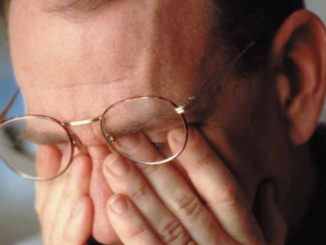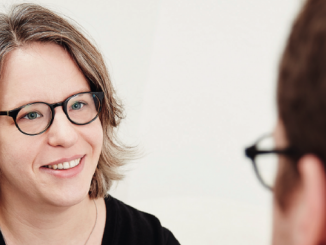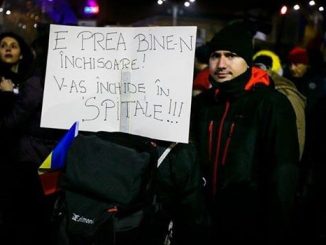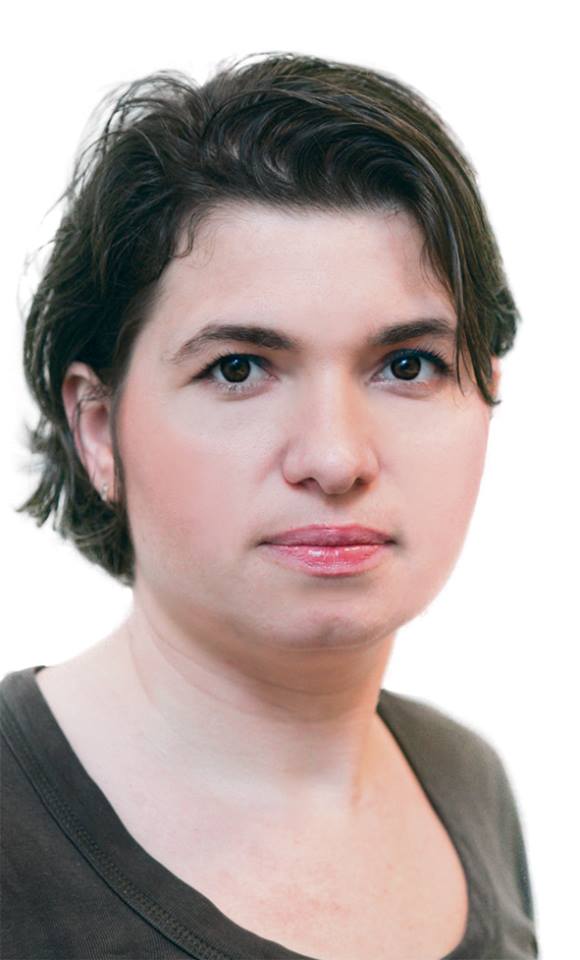
Being an oncologist in Romania is an extreme job. Being a patient with cancer in Romania is an extreme experience.
We have 250 oncologists to care for at least 500,000 people with cancer (the figures are uncertain because the National Cancer Registry is not up and running). Our hospitals are crowded, we lack medication, many patients waiting for chemotherapy or radiotherapy, and doctors and nurses are overwhelmed. At the same time, oncology is a field rife with corruption, with the patient caught in the middle.
The National Health Insurance and Ministry of Health are trying to find solutions: more money has been offered to doctors who work in emergency departments, and the private sector is now involved in providing radiotherapy and chemotherapy treatments, paid for by National Health Insurance. But it’s nowhere near enough to resolve the crisis in our cancer services.
The young doctors who are preparing to take the place of the older generation when they retire, and the older doctors who are forced to care for more patients than they can handle, propose the same solution for resolving this crisis: more money for doctors’ salaries, to keep them from leaving the country.
An experienced oncologist earns around €1,000 per month working in the public health system, while the younger ones earn only around €300-400 depending on their experience.
Flori Vladutescu is a Resident doctor in her second year in one of the biggest hospital in the country. She chose to become because of the impact of cancer on her own life: her mother died from breast cancer when Flori was only four years old, and in the past years she has given close support to her sister, who was diagnosed with stage III breast cancer. She would like to know whether they have the breast cancer gene mutation, but the tests are too expensive, and are not covered by the public system.
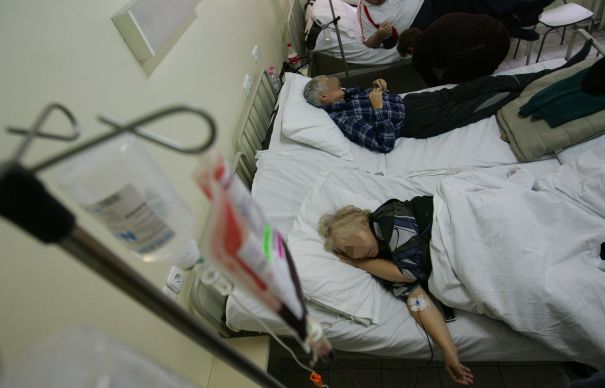
Right now, Flori has decided to stay in Romania to care for people with cancer. She’s been promised a job in Giurgiu, 60 km from her hometown, Bucharest. “Cancer patient are special, more sensitive, you have to work with them to solve the physical problems, but you need a special attitude. I learnt that from my oncology teachers, who are also different – nicer, more human…” says Flori.
Initially she had intended to leave the country after finishing her residency. But she changed her mind, and is set on taking the job in Gurgui. “I’ve already gone there. I met the doctor who I will work with, and I saw all those patients who need help. I felt for them.” Her biggest challenge, she says, will be how to manage financially. “Half my salary will go on petrol, if I choose to commute from Bucharest every day” She think she may look or somewhere more local to stay.
“Half my salary will go on petrol”
The doctor in charge of the oncology outpatient clinic in Giurgiu, Florin Onisim, says that poor organisation ends up wasting doctors’ time, making an impossible job even more impossible. A new system of electronic registration was implemented over the past year, but no additional staff were recruited to input all the data. “It is extremely bureaucratic,” says Onisim. Before this system, I was able to see 70 people daily, now only around 30–35,” he says.
People living in and around Giurgiu are relatively lucky in one respect – they live not far from Bucharest, which has the biggest concentration of public and private cancer services in the country, so most of them have the option to travel to find an expert.
The situation is worse in other parts of the country. In Vaslui, one of the poorest cities, along the eastern border of Romania, the county hospital – which caters for a population of 375,000 – has no oncologist at all. In Resita, a city with 65,000 people, in the west part of Romania, the only oncologist in the area is responsible for the more than 8,000 patients recorded in the cancer registry.
Every time the local authorities try to hire oncologists, they face the same obstacle: no doctors are interested in going there, because of the low salaries offered by public hospitals. They prefer to join the exodus of more than 10,000 doctors who have gone to work in other European countries since 2007, when Romania became an EU member. Or they stay and work in the private sector in Romania.
The solution to both is better payments for doctors.



